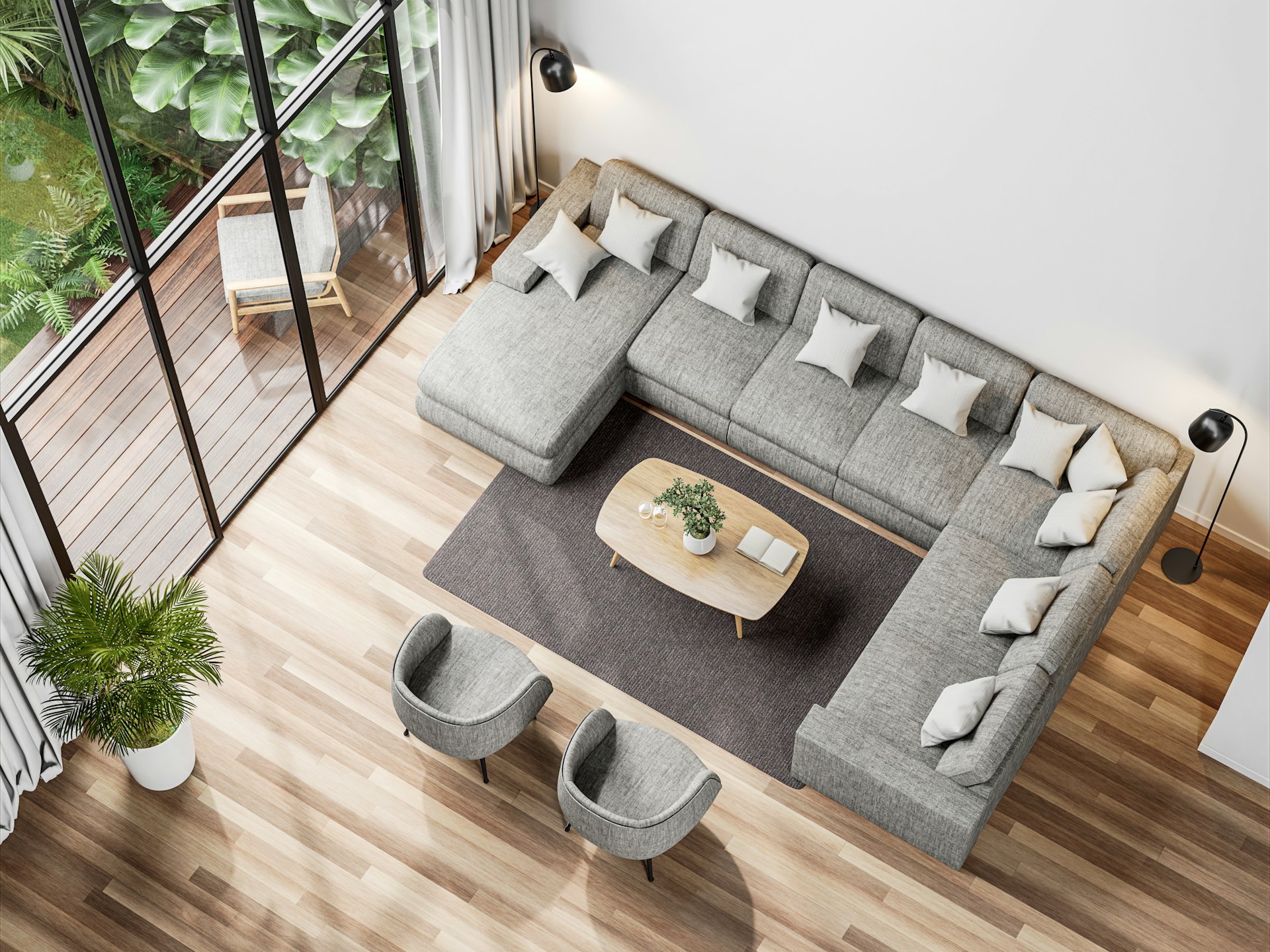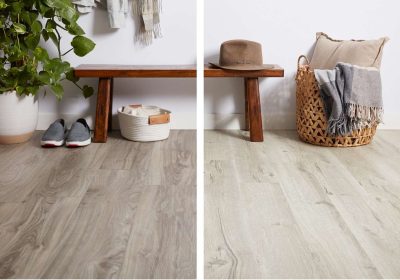Budgeting for Luxury Vinyl Plank Flooring

When it comes to upgrading your floors, luxury vinyl plank (LVP) flooring is one of the most popular options available today. Whether you’re renovating a single room or replacing the flooring throughout your entire home, LVP offers an attractive, durable, and cost-effective solution. At FloorMe!, a trusted luxury vinyl flooring store in Nashua, NH, we understand that the process of selecting and installing new flooring can be overwhelming, especially when it comes to budgeting. Here’s a comprehensive guide to help you budget for your new luxury vinyl flooring project and make informed decisions about your flooring installation.
1. Understand the Basics of Luxury Vinyl Flooring
Luxury vinyl flooring is a highly versatile type of vinyl that replicates the look of natural materials like wood, stone, and tile but comes at a fraction of the price. It’s available in many styles, colors, and textures, and is known for its resilience and easy maintenance. When planning to install vinyl flooring in your home, consider how much space needs to be covered, as well as the type of finish and pattern you prefer. These factors will influence the overall cost of your luxury vinyl installation.
2. Measure the Area to Be Covered
One of the first steps in budgeting for luxury vinyl plank flooring is determining how much material you’ll need. Start by measuring the square footage of the rooms where you plan to install the flooring. Use a tape measure to get accurate dimensions, and if your space is irregularly shaped, break it down into smaller sections and calculate the total square footage.
Keep in mind that it’s common to order a little extra material to account for mistakes during the installation process or any waste that occurs as the flooring planks are cut to fit. Typically, an additional 5-10% of the total square footage is recommended to ensure you have enough luxury vinyl flooring to complete the project.
3. Choose Your Flooring Planks Wisely
Not all luxury vinyl planks are created equal, and the price can vary based on factors like thickness, wear layer, texture, and design. When selecting vinyl plank flooring for your home, consider your needs in terms of durability, appearance, and budget. Higher-end luxury vinyl options often come with enhanced features, such as thicker planks for better soundproofing or increased scratch resistance, which can affect the cost of installation.
At FloorMe!, we offer a wide variety of vinyl plank styles that are designed to withstand the daily wear and tear of family life. You can choose from options that mimic the look of natural wood, giving your home a rustic or modern charm, or opt for sleek and sophisticated designs that evoke the beauty of stone or tile. Whatever your preference, we are here to help you select the best type of vinyl for your space.
4. Consider the Cost of Flooring Installation
While the cost of the materials is a major factor in your budget, it’s also important to factor in the cost of flooring installation. Hiring professionals to install vinyl plank flooring can be a great choice to ensure that the job is done correctly and efficiently. However, it’s essential to understand that installation costs can vary depending on the complexity of the project, the size of the area to be covered, and whether any subfloor preparation is required.
For instance, if you’re replacing existing vinyl flooring or installing in a room with an uneven subfloor, additional preparation may be necessary. The subfloor needs to be clean, smooth, and dry to ensure a successful installation, which may involve removing old flooring, patching holes, or leveling the surface. Discuss these details with your luxury vinyl flooring store to get an accurate estimate of your total installation costs.
5. Account for Additional Materials
In addition to the luxury vinyl planks, there are other materials you’ll need to complete your flooring installation. These include adhesive (if applicable), underlayment, and trim or moldings. Some types of vinyl plank flooring are designed to be floated over the subfloor with click-lock installation, while others may require glue or staples. The type of installation method you choose will affect the total cost of the project.
For floating floors, you may not need adhesive, but you’ll still need an underlayment to provide cushioning and soundproofing. Make sure to ask your flooring installation professionals about what’s included in the quote to avoid any surprise costs.
6. Preparing Your Home for Installation
Before the flooring installation begins, you’ll need to prepare your home to ensure that the process goes smoothly. This involves removing any existing vinyl flooring, furniture, and other obstacles from the area to be covered. If the current flooring is glued down or difficult to remove, it may add extra labor costs to the project. A utility knife is often used to cut through adhesive, but professional installers will have the proper tools to handle the job efficiently.
If your home is older or has a lot of damage to the subfloor, additional work may be needed. However, in many cases, luxury vinyl plank flooring can be installed directly over your existing vinyl flooring as long as it’s in good condition. Consult with your flooring installation team to ensure that this option is viable.
7. Explore Financing Options
Given that the cost of luxury vinyl flooring can add up quickly, many flooring stores offer financing options to make your project more manageable. FloorMe! offers flexible payment plans, which can help you spread out the cost of your new floors over time. When exploring financing, make sure to ask about interest rates, terms, and payment schedules. This can help you plan for the project and avoid any financial surprises.
In some cases, stores may offer promotions or discounts on luxury vinyl installations or sales on materials. Keep an eye out for these opportunities to save money while getting the high-quality flooring you desire.
8. Do-It-Yourself Installation vs. Professional Installation
While DIY vinyl plank installation may seem like a cost-saving option, it’s important to consider the time, effort, and skill involved in a proper installation. If you have experience with flooring or are confident in your ability to measure, cut, and fit the planks, DIY installation can help you save on labor costs. However, if you’re unsure or the project is complex, professional installation is highly recommended. A properly installed floor not only looks better but will also last longer and perform better over time.
If you choose to install vinyl flooring yourself, be sure to follow the manufacturer’s instructions carefully, and ensure you have the proper tools, such as a utility knife and a tapping block, to make precise cuts and achieve a seamless finish.
9. Plan for Long-Term Costs
While luxury vinyl flooring is an affordable option in terms of installation and maintenance, it’s important to budget for long-term costs as well. Vinyl plank flooring requires minimal maintenance, but regular cleaning and occasional re-coating may be necessary to keep it looking its best. The cost of cleaning supplies and any necessary touch-ups should be factored into your long-term flooring budget.
Luxury vinyl is designed to last for many years, so making the initial investment in high-quality flooring can save you money in the long run, especially when compared to the cost of replacing cheaper flooring materials sooner.



